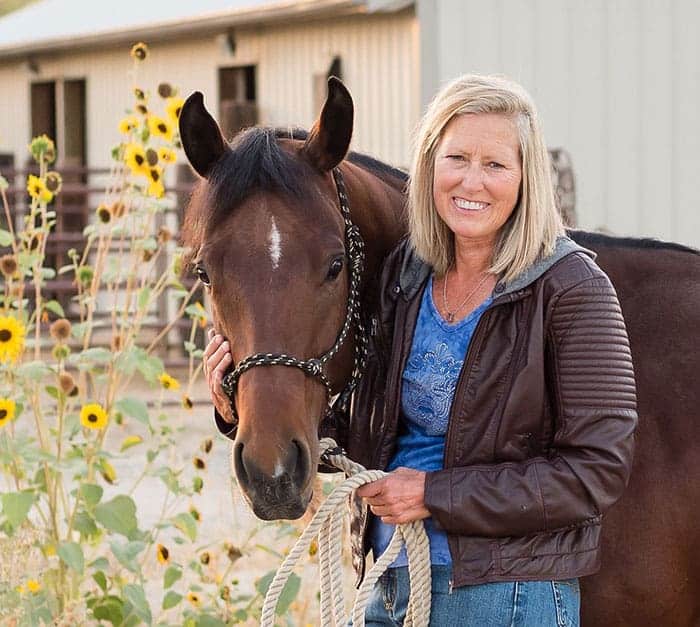Summer Pasture and Horse Health: Tips for Safer Grazing
- Posted by Alayne Blickle
About four years ago I was given an opportunity to learn more about horse health and grazing when I discovered I was the owner of a wonderful reining horse who had developed laminitis from stress issues with his feet. Hence the beginning of my journey to learn more about the laminitis disease process as well as diet and grazing. I was shocked to learn how much pasture management plays into the management of this disease.
If your horse is overweight or has suffered a metabolic disorder (such as laminitis, Cushing’s disease, equine metabolic syndrome, insulin resistance, polysaccharide storage myopathy, etc.) one of the best resources for reducing sugars and simple carbohydrates is Katy Watts, Rocky Mountain Research and Consulting, Inc. Katy has DVDs and other educational materials available for purchase for a reasonable price.
In horses, “fat” is not healthy and the related high sugar and non-structural carbohydrate issues in hay and grass may explain why we are now seeing so many overweight individuals with metabolic disorders and insulin resistance problems. The way we’ve been grazing horses (overgrazed pastures) and the types of pastures we’ve developed (grass species with extremely high levels of sugars and carbohydrates, good for early-age market animals) may be contributing to serious horse health issues. Even for healthy horses, watching your horse’s waistline and doing your best to keep him/her in good health is an important first step to avoiding further health issues.
Here are some dos and don’ts that can help to reduce the sugar and simple carbohydrate load in your horse’s diet
Create a free account with TheHorse.com to view this content.
TheHorse.com is home to thousands of free articles about horse health care. In order to access some of our exclusive free content, you must be signed into TheHorse.com.
Start your free account today!
Already have an account?
and continue reading.

Written by:
Alayne Blickle
Related Articles
Stay on top of the most recent Horse Health news with















4 Responses
re: Summer Pasture and Horse Health: Tips for Safer Grazing
Picture of man weighing hay causes the first ‘don’t’ to disappear.
re: Summer Pasture and Horse Health: Tips for Safer Grazing
Wonderful article!! I also had to learn about laminitis, IR, EMS, grass, feet, etc. thanks to my horse, Lightning, who has been a wonderful "teacher" to me! Boy what an awakening! I found safergrass and the ECIR group to be invaluable with se
re: Summer Pasture and Horse Health: Tips for Safer Grazing
Great Article! We use this type of grazing protocol with our Laminitis Rehabilitation horses. In fact, since just like us, our horses can benefit from a "lower-sugar diet" and more exercise to prevent obesity, we manage all
re: Summer Pasture and Horse Health: Tips for Safer Grazing
If you must feed something to add supplements to, WHOLE oats are the lowest in starch and are the closest thing to what horses in the wild would eat. You can add supplements to as little as a half cup of oats, making it a little more palatable fo